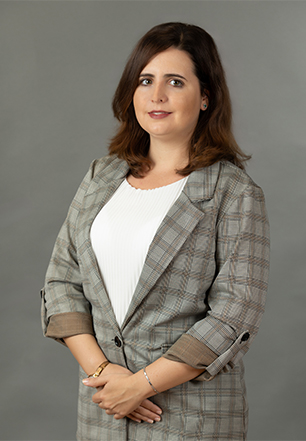Becoming a lawyer in Germany is a rigorous process that requires a combination of extensive education, practical training, and successful completion of examinations.
Here is an introduction to the journey of becoming a lawyer in Germany:
- University Education: First, you need to obtain a law degree from a recognized German university. The duration of the university studies lasts 10 semesters, i.e. 5 years. First you have to pass the basic studies that takes place during 4 semesters and ends with a written exam. Afterwards you have to attend the “main courses” during 6 semesters.
- First State Examination (“Erste Juristische Prüfung”): The university part of the legal education ends with the first exam. 70% of this consists of a state examination. The chosen specialisation area, which makes up the remaining 30% of the examination performance, is examined by the universities. Both grades are shown separately on the examination certificate. Because for some years now the universities have taken over part of the examination themselves, it is no longer possible to speak of a “state examination”. The official name is therefore “First Law Examination”.
- Legal Traineeship (“Referendariat”): After passing the First Legal Examination, students must complete the “legal preparatory service”, also known as the legal traineeship (“Referendariat”). Within two years, so-called stations or stages are passed through in order to get to know the various legal professions in practical application. As a rule, trainees have to spend three months at a civil court (district or regional court), three months at the public prosecutor’s office or criminal court, three months at an administrative court or public authority and nine months at a lawyer’s office. Each trainee lawyer can choose exactly where the preparatory service is to be carried out.
The state pays the trainees a so-called maintenance allowance. This amounts to approx. 1,200.00 to 1,600.00 EUR gross per month, depending on the federal state. - Second State Examination (“Zweite Juristische Prüfung”) and practical training: After completing your legal traineeship, you must pass the Second State Examination, which includes several written examinations.
Finally, before the oral examination, trainee lawyers have the opportunity to spend three to four months at a station of their choice. Many exam candidates use this opportunity to gain experience abroad, for example at an international law firm or a German embassy.
With the successful completion of the Second State Examination – and only then – may one call oneself a fully qualified lawyer and take up one of the state-regulated legal professions of lawyer, judge, public prosecutor or civil servant in the higher administrative service.
Investing in a property in a foreign country can seem like a complicated process to many people. This is why it is so important to be able to speak in your native language with your lawyer. Franke & de la Fuente is an international law firm, and we assist clients in several languages.
Let us introduce our German-speaking lawyer.

Ana Sofía Roncel
SENIOR ASSOCIATE
ana.sofia@frankedelafuente.com
+34 638 5304 30
Languages: Spanish, German and English

